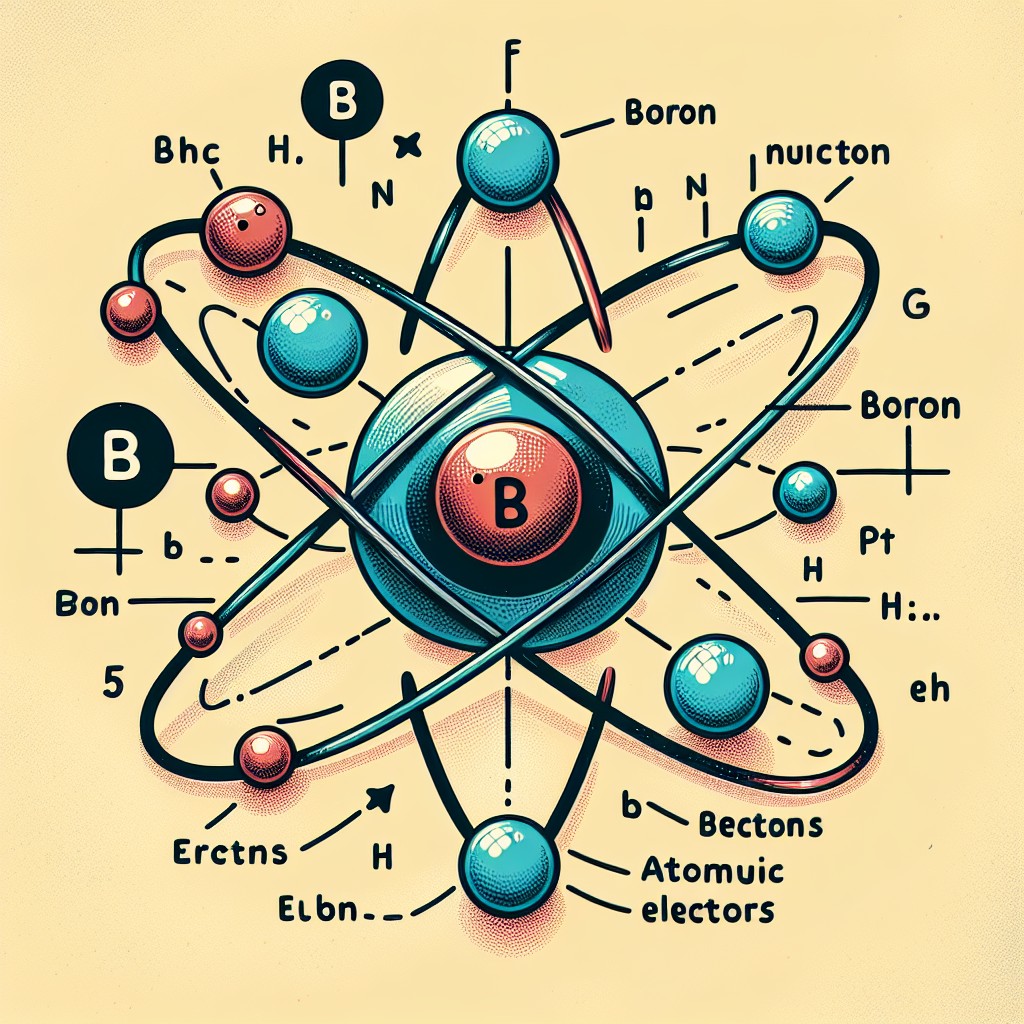| Date | Type | Event |
|---|---|---|
| 1919-01-06 | In 1919 the 26th President of the United States, Theodore Roosevelt died. Theodore Roosevelt was quite poorly as a child suffering from asthma he forced himself to live a strenuous life determined not to let it affect him. He studied hard and pursued a life in politics becoming vice president in 1901 to the 25th President, William McKinley. He became President within the year and spent two terms as the 26th President of the United States. On the night of the 5th of January 1919, Roosevelt went to bed complaining of breathing problems and died in his sleep the following morning. Roosevelt is considered by many to be one of the greatest Presidents and he is immortalised on Mount Rushmore with his face carved into the side of the mountain along with Abraham Lincoln, George Washington and Thomas Jefferson. | |
| 1919-01-16 | In 1919 prohibition began across the United States of America.
Prohibition in the United States, spanning from 1920 to 1933, was a nationwide constitutional ban on the production, importation, transportation, and sale of alcoholic beverages. This transformative era arose from a combination of moral reform movements, social dynamics, and political campaigns, but it also gave rise to unintended consequences that reshaped American society.
The 18th Amendment (also known as the Prohibition Amendment) was ratified on the 16th of January 1919 and forbade the "manufacture, sale, or transportation of intoxicating liquors for beverage purposes,". This law proved too difficult to enforce and gave organised crime a new revenue stream. The U.S. Government was forced to bring in the 21st Amendment in 1933 which ended Prohibition.
The temperance movement emerged in the early 19th century, advocating for reduced alcohol consumption due to its perceived moral and social harms. Organizations like the Woman’s Christian Temperance Union (WCTU) and the Anti-Saloon League played pivotal roles in lobbying for Prohibition.
Many supporters viewed alcohol as a source of societal ills, including crime, domestic violence, and poverty. Religious groups, particularly Protestant denominations, strongly supported the cause, framing Prohibition as a moral imperative.
During World War I, the push for Prohibition gained momentum as grain used for alcohol production was deemed essential for feeding troops. Anti-German sentiment also targeted breweries, many of which were owned by German immigrants, as unpatriotic.
While Prohibition aimed to curb alcohol consumption, it led to the rise of illegal activities, including:
| |
| 1919-06-28 | On the 28th of June 1919, the Treaty of Versailles was signed officially ending World War 1 The signing of the Treaty of Versailles on June 28, 1919, marked a pivotal moment in world history, officially concluding World War I. The ceremony took place in the opulent Hall of Mirrors at the Palace of Versailles, a symbolically charged location that underscored the magnitude of the event. The treaty was signed exactly five years after the assassination of Archduke Franz Ferdinand, an event that had precipitated the war. Representatives from the Allied powers and Germany gathered to formalize the terms of peace, which had been painstakingly negotiated over six months during the Paris Peace Conference. The treaty imposed harsh penalties on Germany, fundamentally altering the European political landscape. Among its most significant provisions were the severe territorial losses imposed on Germany. Alsace-Lorraine was returned to France, and substantial eastern territories were ceded to the newly independent Poland, creating the Polish Corridor. Additionally, Germany's overseas colonies were distributed among the Allied powers. These territorial adjustments aimed to weaken Germany and prevent it from becoming a future threat. Military restrictions were another critical aspect of the treaty. The German army was limited to 100,000 troops, and the country was prohibited from maintaining an air force, submarines, or tanks. The Rhineland was demilitarized to create a buffer zone between Germany and France. These measures were designed to ensure that Germany could not easily wage war again. However, they also contributed to a sense of national humiliation and economic hardship, fostering resentment among the German populace. Perhaps the most controversial clause of the treaty was Article 231, known as the "war guilt clause." This clause placed full responsibility for the war on Germany and its allies, serving as the legal basis for demanding reparations. Germany was required to make substantial financial payments to compensate for the destruction caused during the war. The reparations, coupled with the economic disruptions of the war, led to severe economic difficulties and hyperinflation in Germany, exacerbating the nation's post-war struggles. The Treaty of Versailles also established the League of Nations, an international organization intended to maintain peace and prevent future conflicts. While this was a visionary step towards global governance, its effectiveness was undermined by the refusal of the United States to join, as well as the absence of key powers like Germany and the Soviet Union in its early years. The League's inability to enforce its resolutions ultimately limited its impact. | |
| 1919-08-19 |
In 1919 Afghanistan gained independence from Great Britain.
In 500 BC the Persian King Darius I conquered the Northern half of the country and the Persian’s maintained control until Alexander the Great defeated King Darius III and the Persians, on the 1st of October 331 AD in the Battle of Gaugamela in his campaign to conquer the known world. But Afghanistan only remained part of Alexander’s great empire for a few years as Alexander died of fever aged 33 on the 13th of June 323 BC in Babylon and shortly after his death civil wars led to the breakup of his great empire. The Greeks began to control North Afghanistan from 323 BC and due to its strategic value, being so close to the Indian subcontinent, control of Afghanistan has changed hands repeatedly and been part of many empires. By 50 AD Afghanistan culture had a strong Buddhist influence but this was largely destroyed by 400 AD with the Hun invasion. By 625 Islam influences the country by the 11th century Afghanistan has become the centre of Islamic influence in the region. In 1219 Genghis Kahn began his invasion of Afghanistan and within two years he killed a huge percentage of the native population and laid waste to the land. The effects of the invasion live on today. Until then Afghanistan had vast areas of green and fertile land due to their irrigation system and agricultural experience but Kahn’s hordes destroyed the irrigation network and the land turned to desert and never recovered. The next major empire to consume Afghanistan was the Timurid Empire in 1383 followed by the Mughal Empire in 1506.
In the 19th Century Britain’s control of India led to repeated confrontation between Afghanistan and Britain. The British and Russian Empires were in competition in the 19th century for influence over Asia in what became known as “The Great Game”. Britain believed that Russia may attempt an invasion of India using Afghanistan as a corridor. Once again Afghanistan’s became very strategically important and both countries sent envoys to Kabul in an attempt to gain favour. Both failed and changed their tact. Russia backed their Persian allies in an invasion of Afghanistan but the invasion ended in 1938 when Britain threatened war. Britain attempted to invade Afghanistan and place the current leader with one more sympathetic to the British. This was the cause of the first Anglo-Afghan War which began in December 1938 and by the 22nd of July 1939 the British had a decisive victory and returned Shuja Shah Durrani, who was sympathetic to Britain, to the Afghan throne after he was exiled in 1809. But the Afghans resented the change in power and rose up against the new leadership and British forces. British forces defeated the Afghans on several occasions but change of Government forced the Generals to abandon the war in 1842 and Durrani was soon replaced.
In 1878 Britain again attempted to remove the un-sympathetic Afghan Ruler from the throne and again succeeded. The ousted leader, Sher Ali Khan, pleaded for aid from Russia but was denied any help and died in 1879. His son, Mohammad Yaqub Khan, signed a treaty with Britain (the treaty of Gandamak on the 26th of May 1879) giving them control of the countries foreign policy and ceding some territory but allowing him to maintain control of the rest of Afghanistan. On the 31st of May 1880 Abdur Rahman Kahn became the new leader of Afghanistan and during his reign British and afghan relations were good. When he died on the 1st of October 1901 his son Habibullah Khan became the new Emir. Habibullah consistently changed Afghan policy to meet with either Russian or British wishes siding with the side that paid most. But in 1907 Russia and Britain signed a military pact which ended the Great Game and Habibullah’s fun.
In 1914 Britain and Russia went to war against the Central Powers and the Ottoman Empire soon joined the war against Britain and Russia. They called for Jihad (a holy war) against the allies demanding other Islamic countries join them but Afghanistan remained neutral throughout the war. On the 19th of February 1919 Habibullah was assassinated and his son, Amanullah Khan came to power. Amanullah promised full independence from Britain and so led a small force into India to attack the British. On the 3rd of May 1919 Afghan forces invaded India and took the town of Bagh. Consequently on the 6th of May Britain declared War on Afghanistan and with superior numbers and the use of the Royal Air Force, the British army had forced an Afghan retreat. On the 8th of August the third Anglo-Afghan war ended with a decisive British victory, having removed the invading forces from India. Afghan casualties of the conflict were approximately 1,000 killed in action while British and colonial casualties reaching 1,751 leading many calling the conflict a British strategic defeat. But of the 1,751 casualties 230 were killed in action, 600 wounded and the remainder dying from cholera and other illness. Regardless of who won the conflict Britain had grown weary of its affiliation with Afghanistan and on the 19th of August 1919 Afghanistan gained its independence.
| |
| 1919-09-12 |
In 1919 Adolf Hitler joins the German Workers Party (that would later become the Nazi Party) as a spy for the German Army.
Adolf Hitler (aged 25) signed up to join the German army just after the outbreak of World War I and joined the Bavarian Reserve Infantry Regiment. As an Austrian he would have been obligated to conscript to the Austro-Hungarian army some years before but he moved to Munich to avoid serving in an army which he claimed was too mixed race.
In World War I he was a runner on the German front line trenches in France and Belgium. He was present in many Battles including the Battle of the Somme where he was injured, and briefly hospitalised, later receiving the Iron Cross Second Class for bravery. By the end of the War he had received the Iron Cross First Class for his bravery.
Germany was being financially crippled by the war and with the allied forces continued advance and the continued weakening of ‘The Central Powers’, by November 1918 Germany’s fate was sealed. Although its defeat was inevitable, on the 24th of October 1918 the Naval order came in for the German High Seas Fleet to attack the British Grand Fleet in a desperate attempt to end Royal Navy’s supremacy. When the men were told of the order on the 29th of October they began to mutiny rather than face a pointless defeat. By the 3rd of November 1918 many German naval sailors began mass uprising against the German leaders (The Wilhelmshaven and Kiel Mutinies). This uprising was mirrored throughout Germany and with revolution in the air Germany was forced to effectively surrender to the Allies on the 11th of November 1918.
For Hitler the war had been a source of tremendous pride and his patriotism towards Germany grew. He was angered by the end of the First World War and Germany’s capitulations. He, like many Germans, blamed the revolution on communists rather than any military involvement.
After World War I Hitler remained in the German Army and began to work for the intelligence department. A growing movement of nationalist, angered at Germany’s humiliation of World War I and what they saw as a betrayal by its leaders, was causing concern in the government. Army intelligence wanted spies to keep an eye on some of these groups and report back before they got too out of hand. One such group was the German Workers Party and army intelligence wanted an operative to infiltrate the organisation. With the advantage of hindsight, what could be argued was one of the greatest mistakes of the 20th century; the operative chosen was Adolf Hitler. It wasn’t long before their anti-semitic, anti-communist and Nationalist views had captured Hitler’s full attention. He was briefly split between his sense of duty to the army, which he had felt had ultimately been betrayed by its political leaders, or the new friends that were of the same mind and through he felt he could improve Germany politically. Hitler became the 55th member of the German Workers Party on the 12th of September 1919. In 1920 the name of the party was changed to the National Socialist German Workers Party and on the 31st of March that year Hitler was discharged from the army. His full attention was on the party and his skills of public speaking soon propelled him to the top of the Nazi party.
|




